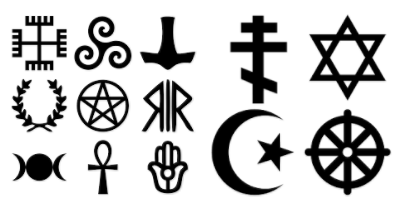Religion
The Laz people are an ethnic group indigenous to the region around the Black Sea, primarily in northeastern Turkey and southwestern Georgia. Though historically influenced by various religions over the centuries, Laz beliefs and religious practices have evolved in ways that reflect their diverse historical encounters and cultural resilience.
Origins of Laz Religion
The Laz people’s original religious beliefs are thought to have been influenced by elements of ancient Caucasian spiritual traditions, including animism and nature worship. These traditions emphasized reverence for natural forces and deities associated with natural features like rivers, forests, and mountains. Historical evidence suggests that the Laz were deeply connected to their environment, which played a central role in their spiritual worldview.
Historical Beliefs and Influences
By the 4th century, Christianity began to spread through the Laz Kingdom of Lazica (known as Egrisi in Georgian sources), influenced by the Christianization of the neighboring Georgian kingdom of Iberia. This led to the establishment of the Lazica Church, which became part of the Eastern Orthodox Church. During the Byzantine period, Christian influence became even more pronounced, and Lazica eventually became a bastion of Eastern Orthodoxy.
However, the Laz territory experienced significant cultural shifts with the arrival of the Ottoman Empire in the 15th century, which brought Islam to the region. Over time, many Laz people converted to Islam, particularly Sunni Islam of the Hanafi school, though some Laz communities remained Christian, maintaining ties to the Georgian Orthodox Church. This religious duality persisted for centuries and reflected the Laz people’s complex relationship with both Christian and Muslim worlds.
Modern Religious Practices
Today, the majority of the Laz in Turkey identify as Sunni Muslims, though their practices are often interwoven with cultural traditions unique to the Laz community. Laz Muslims, like other groups in Turkey, celebrate Islamic holidays and practice rituals such as Ramadan fasting and Eid al-Fitr. In contrast, the smaller Laz populations in Georgia often maintain Orthodox Christian practices. While traditional beliefs have largely faded, certain cultural elements, such as folk songs and festivals, still contain echoes of their ancient spiritual roots.


